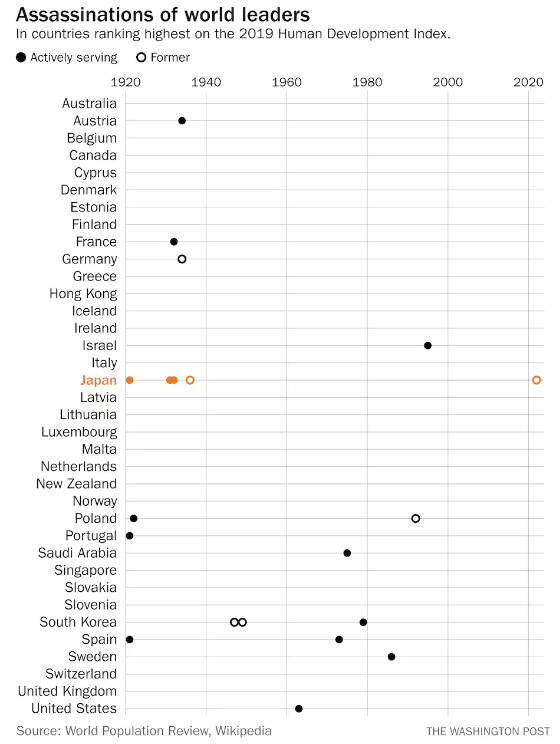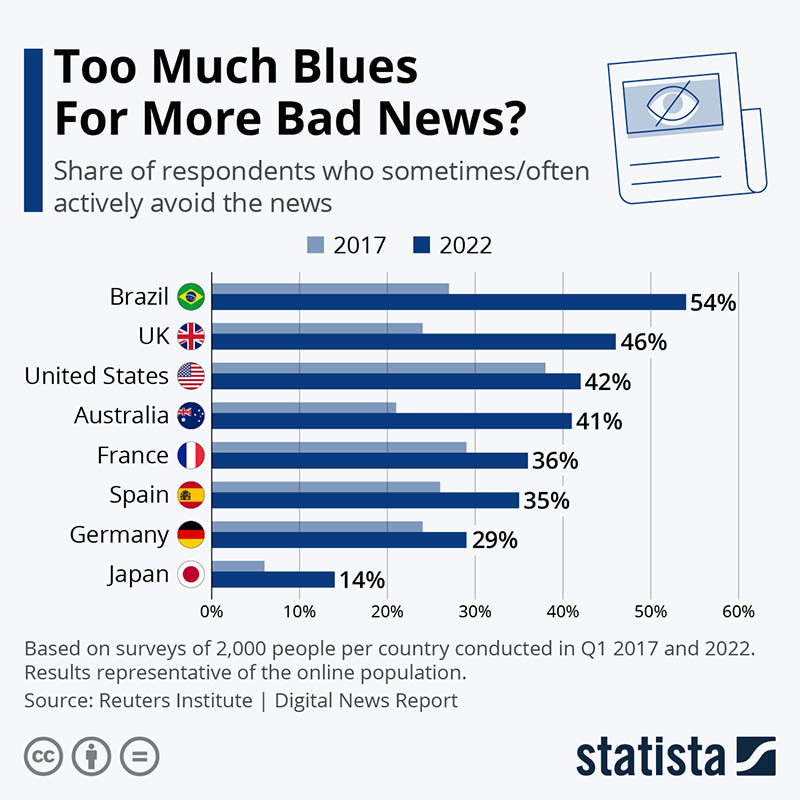Visuals: Mr. Abe and gun violence
By Katya, July 19 2022The killing of the Japanese ex-prime minister, Shinzo Abe, shocked the whole world. Even though some of the people in Japan did not agree with his policies, the ex-prime minister’s murder is a sad event for the entire nation.
The murder is shocking because it happened in Japan, where deaths from guns are very rare. It is also uncommon to hear about politicians being killed in developed countries.
Please, have a look at the graphs below and discuss them with your teacher.






 (Exercise credit belongs to
(Exercise credit belongs to 